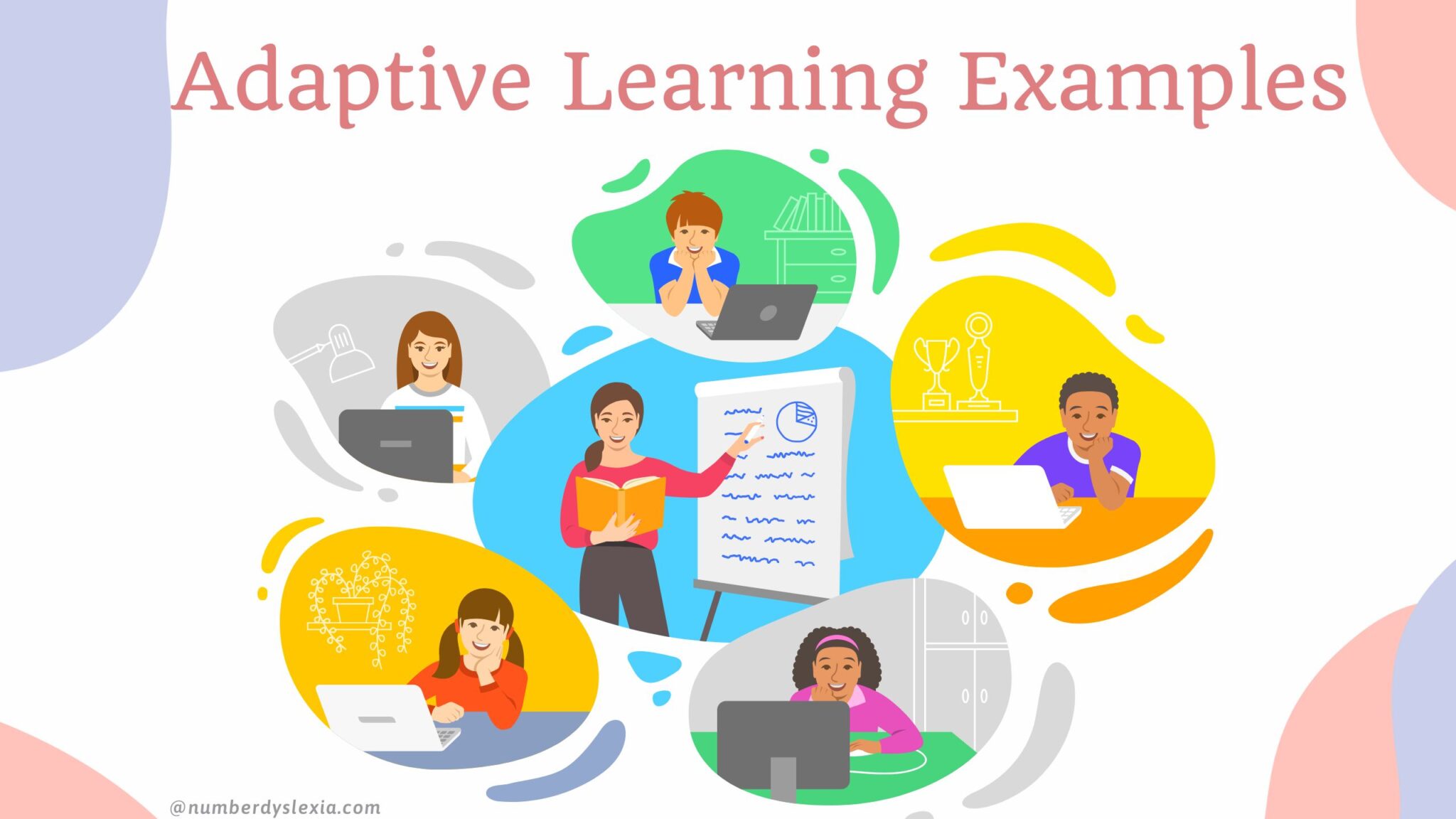Secular Education: Understanding Its Principles and Impact
What’s secular education?
Secular education refer to an educational system that operate severally of religious institutions and teachings. It provides instruction base on empirical evidence, scientific principles, and critical thinking preferably than religious doctrine. This approach to education emphasize academic subjects like mathematics, science, literature, and history without promote any particular religious belief system.
In secular educational settings, religious topics may be study academically — as cultural or historical phenomena — but not teach as truth claims or use as the foundation for other subjects. This distinction is crucial for understanding what make education genuinely secular.
Core principles of secular education
Religious neutrality
The cornerstone of secular education is religious neutrality. Educational institutions maintain an impartial stance toward all religions, neither promote nor disparage any faith tradition. This neutrality ensures that students from diverse religious backgrounds can learn in an environment that respect their beliefs without impose religious perspectives on academic content.
Teachers in secular systems present multiple viewpoints on controversial topics, allow students to form their own conclusions base on evidence and reason argument quite than religious authority.
Academic freedom
Secular education champions academic freedom — the right to pursue knowledge wherever evidence lead without religious constraints. This freedom allow educators to teach scientific theories like evolution base on their empirical support instead than their compatibility with religious texts.
Students benefit from exposure to diverse perspectives and learn to evaluate claims base on evidence quite than dogma. This approach foster intellectual curiosity and critical thinking skill essential for navigate our complex world.
Universal accessibility
By remove religious requirements or expectations, secular education become accessible to all students disregarding of their faith background. This inclusivity is peculiarly important in diverse societies where citizens hold a wide range of religious and non-religious worldviews.
Secular schools create common ground where students from different backgrounds can learn unitedly without feeling exclude by religious practices or teachings that conflict with their family’s beliefs.
Historical development of secular education
Enlightenment roots
The concept of secular education emerge during the enlightenment period when thinkers begin to separate religious authority from other domains of knowledge. Philosophers like John Locke advocate for education base on reason instead than religious revelation.
This intellectual movement lay the groundwork for educational systems that prioritize scientific inquiry and rational thought over religious doctrine — a revolutionary concept in societies where church and education had been inseparable for centuries.
Public education movements
The 19th century sees the rise of public education movements in many western nations, with advocates push for universal education systems free from sectarian influence. In theUnited Statess,HoraceeMannn champion th” common school” movement, which establish public schools that would teach a common curriculum to children of all backgrounds.
These early public schools aim to create share civic values while respect religious diversity — a balance act that continue to characterize secular education today.
Legal frameworks
Over time, many countries develop legal frameworks support secular education. The first amendment in the U.S. constitution establish the separation of church and state, which courts have interpreted to prohibit religious instruction in public schools. LikewiseFrancece’s principle olaicizeté purely separate religious influence from public education.
These legal protections help maintain the secular character of public education systems while allow religious education to continue in private settings.
Secular education in practice
Curriculum development
Secular curricula focus on evidence base knowledge across all subject areas. Science classes present the scientific consensus on topics like evolution and climate change without reference to religious perspectives. History courses examine religious movements as historical phenomena preferably than divine interventions.
Literature selections represent diverse cultural traditions without privilege texts from any particular religious tradition. This approach ensure students receive a comprehensive education that prepare them for further academic study and professional life.
Teach about religion
Contrary to some misconceptions, secular education doesn’t ignore religion altogether. Quite, it approaches religious topics academically — teach about religions quite than teach religious doctrines as truth. Students learn about the historical development, cultural impacts, and basic beliefs of major world religions.
This academic approach to religious studies help students understand the profound influence religion has had on human history, literature, art, and contemporary global affairs without promote or denigrate any particular faith.
Holidays and cultural practices
Secular schools navigate religious holidays by focus on their cultural instead than devotional aspects. They might acknowledge the historical significance of Christmas or Hanukkah without lead students in religious observances. Some schools opt for inclusive seasonal celebrations that recognize multiple traditions.
This balanced approach allow students to learn about important cultural traditions while maintain the school’s religious neutrality.
Benefits of secular education
Critical thinking development
Secular education encourage students to question assumptions, evaluate evidence, and form reason conclusions — skill essential in both academic and professional contexts. By emphasize how we know things quite than what to believe, secular approaches help students develop intellectual autonomy.
These critical thinking skills serve students intimately throughout their lives, enable them to evaluate claims in media, politics, and everyday discourse base on evidence preferably than authority or tradition.
Preparation for diverse society
Students educate in secular environments develop greater comfort with diversity of thought and belief. They learn to engage respectfully with perspectives different from their own and to find common ground despite ideological differences.
This preparation prove invaluable in progressively diverse workplaces and communities where collaboration across cultural and religious differences is essential for success.
Scientific literacy
Secular education promote scientific literacy by teach scientific concepts without religious filters or constraints. Students learn the scientific method and how to evaluate evidence severally of religious considerations.
This approach help prepare students for careers in science, technology, engineering, and mathematics while give all students the scientific knowledge need to understand complex issues like public health, environmental challenges, and technological innovations.
Common misconceptions about secular education
Anti-religious bias
Critics sometimes characterize secular education as inherently anti-religious or hostile to faith. In reality, true secular education maintain neutrality toward religion quite than opposition. It neither promotes nor undermine religious belief but create space for students of all backgrounds to learn unitedly.
Teachers in secular systems should present religious perspectives fair when relevant to academic content, avoid both religious promotion and anti-religious commentary.
Moral relativism
Another misconception hold that secular education teaches moral relativism — the view that no moral standards have objective validity. In practice, secular schools typically promote wide share ethical values like honesty, respect, and compassion while teach students to think critically about ethical questions.
These schools ground moral education in human intimately being and social harmony instead than religious authority, but this approach doesn’t inevitably lead to relativism.
Absence of values
Some worry that remove religious frameworks leave education without moral foundation. Nevertheless, secular education typically emphasizes universal values like human rights, equality, and democratic citizenship. These values provide a share ethical framework without require religious justification.

Source: studentmajor.com
Secular schools can and do teach character development and ethical reasoning while respect students’ diverse religious backgrounds.
Secular education around the world
Varying models
Countries implement secular education otherwise base on their historical and cultural contexts. France maintain strict separation between religion and public education through its principle of laicize. The United States prohibits religious instruction in public schools while allow student lead religious clubs and activities outside class time.
Some nations, like the United Kingdom, maintain public funding for faith base schools alongside secular options, create a mixed system that accommodate diverse preferences.
Ongoing debates
Debates about the proper relationship between religion and education continue ecumenical. Questions about religious symbols in schools, religious accommodations for students, and the teaching of controversial topics like evolution remain contentious in many contexts.
These debates reflect broader social conversations about the role of religion in public life and the rights of religious minorities in diverse societies.
Balance religious freedom and secular education
Religious accommodations
Secular schools oftentimes provide reasonable accommodations for students’ religious practices, such as excuse absences for religious holidays or space for prayer during free periods. These accommodations respect religious freedom without compromise the secular nature of instruction.
Find the right balance require ongoing dialogue between educators, families, and community members about how to respect religious diversity while maintain educational quality.
Parental rights
Parents have legitimate interests in their children’s education, include how schools address topics relate to their religious values. Secular systems must navigate these concerns while fulfil their mission to provide evidence base education to all students.
Transparency about curriculum and open communication with families help build trust between schools and religious communities, flush when perspectives differ.
Conclusion
Secular education provide a framework for learn that respect religious diversity while focus on evidence base knowledge and critical thinking. By maintain religious neutrality, secular schools create inclusive environments where students from all backgrounds can learn unitedly.
The principles of secular education — religious neutrality, academic freedom, and universal accessibility — continue to guide educational systems ecumenical as they prepare students for life in diverse, complex societies. Understand what secular education is and isn’t help clarify its vital role in modern democratic societies where citizens hold a wide range of religious and non-religious worldviews.

Source: stannespub.com



